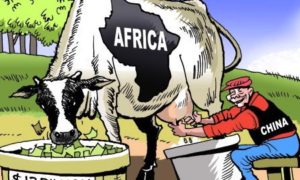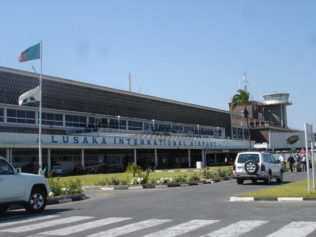
“Only taxi drivers or Africans accompanied by Chinese, European or Indian patrons are allowed into the compound,” reports the newspaper.
According to the Daily Nation‘s story, restaurant representatives claimed the policy came into effect last year after a brazen robbery by armed gunmen.
“We don’t admit Africans that we don’t know because you never know who is Al-Shabaab and who isn’t,” said Esther Zhao, the restaurant’s “relations” manager, referring to the al-Qaeda-linked terror group based in neighboring Somalia. “The Chinese people who stay here or come to dine want to feel safe.”
The newspaper reports that a few “loyal,” well-heeled African patrons are allowed entrance—others may be admitted provided they’re willing to shell out upwards of $200. (It should be noted there are plenty of other Chinese restaurants in Nairobi that are probably far more friendly than this one.)
A Kenyan government official quoted in the article claims that, whatever the restaurant’s justification, the no-Africans-after-dark policy “amounts to racial and ethnic profiling, which is unconstitutional.”
Not long after the Daily Nation was published, authorities arrested the restaurant’s owner, Zhao Yang, on charges of operating a restaurant without a valid license.

But parallel to this well-documented boom are a chorus of critics, deeming China’s presence in Africa to be a new form of imperialism.
“China takes our primary goods and sells us manufactured ones. This was also the essence of colonialism,” wrote Lamido Sanusi, the governor of the Central Bank of Nigeria, in an op-ed in the Financial Times in 2013. Meanwhile, Chinese attitudes on race—particularly regarding Africans—are in need of considerable improvement.
Source: washingtonpost.com


